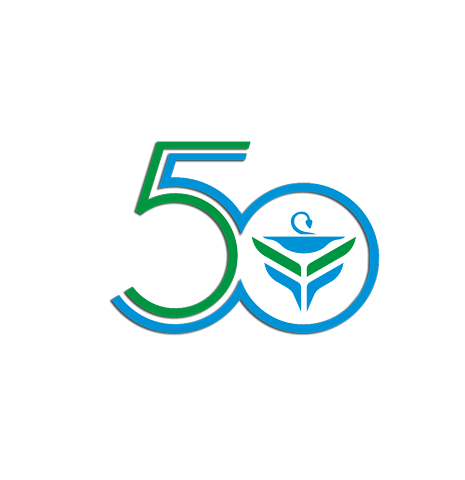Historija Katedre
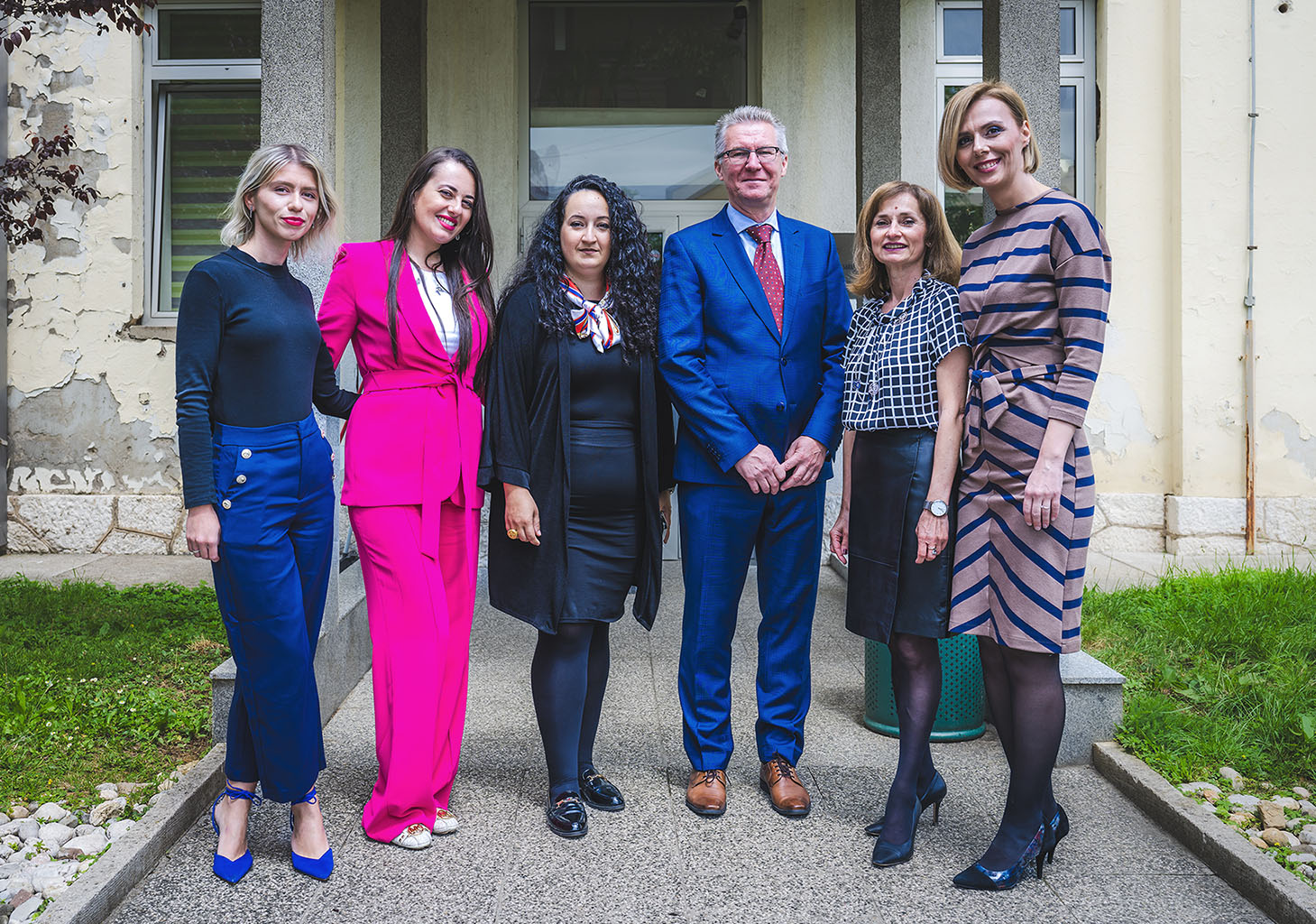 Od osnivanja Farmaceutskog fakulteta 1974. godine, egzistirala je Katedra za farmakologiju i toksikologiju koja je bila locirana na Institutu za farmakologiju, kliničku farmakologiju i toksikologiju „Pavel Stern“ Medicinskog fakulteta u Sarajevu. Prvi nastavnik je bio akademik prof. dr. Seid Huković, a prvi asistent dr. Nedžad Mulabegović. Vremenom predmet Farmakologija i toksikologija biva pridružen Katedri za medicinske predmete u farmaciji. Nakon odlaska u penziju prof. dr Seida Hukovića, katedrom rukovodi prof. dr Irfan Zulić sve do 2003. godine. Nakon toga katedrom rukovodi prof. dr Nedžad Mulabegović. U decembru 1995. godine u zvanje asistenta na nastavni predmet Farmakologija i toksikologija izabran je Fahir Bečić. Devedesetih godina prošloga stoljeća na inicijativu prof. dr Irfana Zulića u nastavni plan se uvode predmeti Farmakokinetika te Klinička farmacija. Prvi asistent koji je izabran na ove predmete je bila mr. ph. Selma Hadžić 1994. godine, a prvi birani nastavnik u zvanju docenta je bila doc. dr. Aida Mehmedagić 1998. godine. Do vremena izbora nastavnika na predmetu Farmakokinetika, Katedra za kliničku farmaciju je bila locirana na tadašnjem Institutu za farmakologiju i toksikologiju Medicinskog fakulteta.
Od osnivanja Farmaceutskog fakulteta 1974. godine, egzistirala je Katedra za farmakologiju i toksikologiju koja je bila locirana na Institutu za farmakologiju, kliničku farmakologiju i toksikologiju „Pavel Stern“ Medicinskog fakulteta u Sarajevu. Prvi nastavnik je bio akademik prof. dr. Seid Huković, a prvi asistent dr. Nedžad Mulabegović. Vremenom predmet Farmakologija i toksikologija biva pridružen Katedri za medicinske predmete u farmaciji. Nakon odlaska u penziju prof. dr Seida Hukovića, katedrom rukovodi prof. dr Irfan Zulić sve do 2003. godine. Nakon toga katedrom rukovodi prof. dr Nedžad Mulabegović. U decembru 1995. godine u zvanje asistenta na nastavni predmet Farmakologija i toksikologija izabran je Fahir Bečić. Devedesetih godina prošloga stoljeća na inicijativu prof. dr Irfana Zulića u nastavni plan se uvode predmeti Farmakokinetika te Klinička farmacija. Prvi asistent koji je izabran na ove predmete je bila mr. ph. Selma Hadžić 1994. godine, a prvi birani nastavnik u zvanju docenta je bila doc. dr. Aida Mehmedagić 1998. godine. Do vremena izbora nastavnika na predmetu Farmakokinetika, Katedra za kliničku farmaciju je bila locirana na tadašnjem Institutu za farmakologiju i toksikologiju Medicinskog fakulteta.
Prelaskom Farmaceutskog fakulteta u prostorije Kampusa Univerziteta u Sarajevu 2012. godine, predmet Farmakologija biva inkorporiran u Katedru za kliničku farmaciju, a za rukovoditeljicu Katedre se bira prof. dr. Aida Mehmedagić. Od 2021. godine Katedra nosi naziv Katedra za farmakologiju i kliničku farmaciju.
Nastavno-naučno i stručno osoblje koje trenutno sudjeluje u nastavi
 |
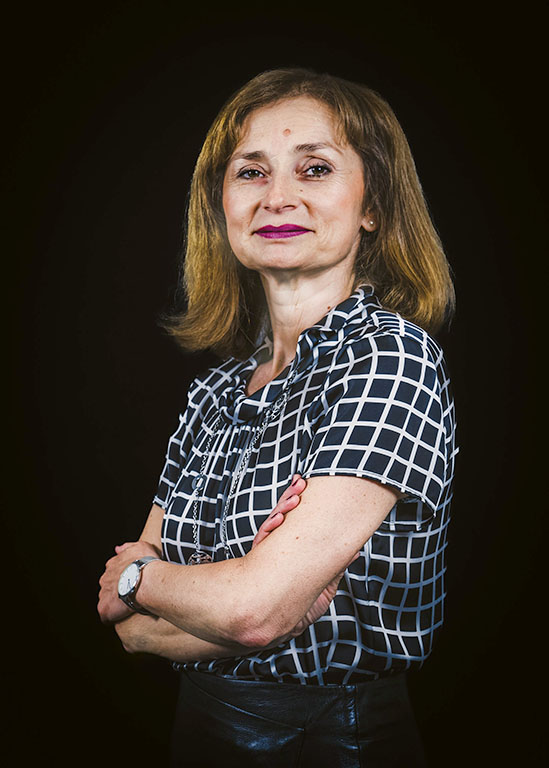 |
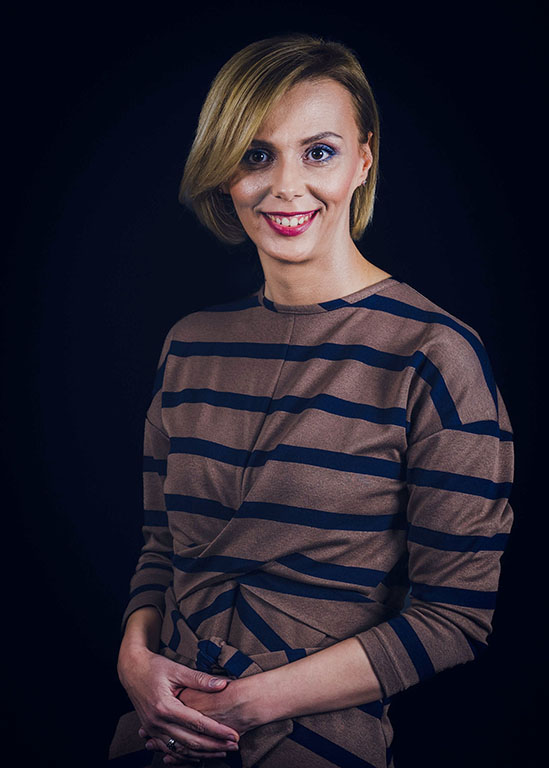 |
|
Prof. dr. Fahir Bečić |
Prof. dr. Selma Škrbo |
Prof. dr. Nermina Žiga Smajić |
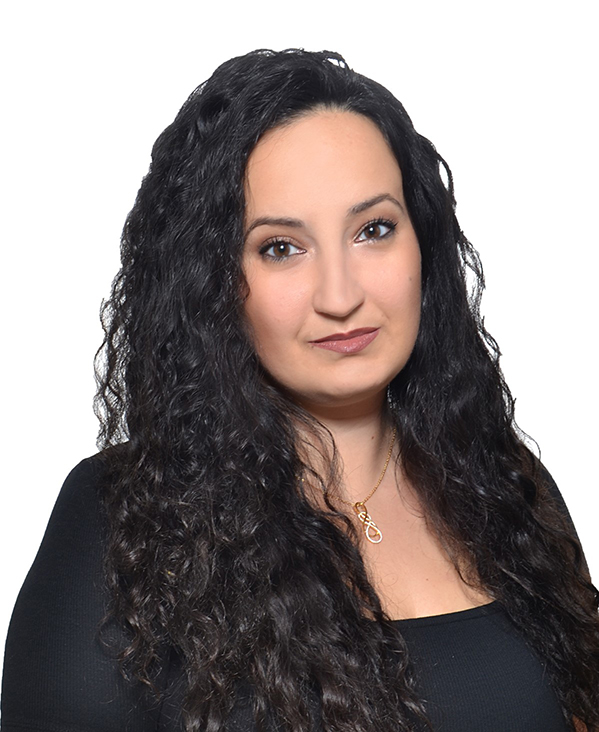 |
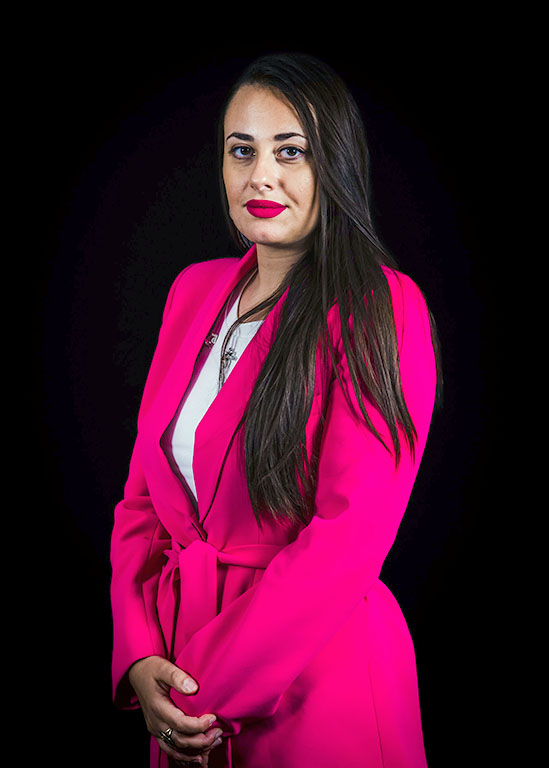 |
 |
|
Doc. dr. Belma Pehlivanović Kelle |
Dina Lagumdžija, mr. ph. |
Naida Omerović Ćorović, mr. ph. |
Nastavna djelatnost
Nastavna djelatnost na Katedri provodi se na integrisanom studiju prvog (I) i drugog (II) ciklusa kroz obavezne i izborne predmete, kao i na doktorskim akademskim studijama iz oblasti farmakologije i kliničke farmacije. Nastavnici Katedre također učestvuju u izvođenju programa specijalističke profesionalne edukacije za magistre farmacije. Obavezni predmeti na Katedri su: Farmakologija I, Farmakologija II, Farmakokinetika, Klinička farmacija, Farmakoterapija i Farmaceutska njega. Na Katedri se nastava izvodi i na šest izbornih predmeta koje studenti mogu birati u VI i IX semestru studija.
Naučna i stručna djelatnost
U okviru Katedre obavlja se naučnoistraživački rad koji obuhvata pretkliničke studije eksperimentalne farmakologije na animalnim modelima inducirane bolesti, populacionu farmakokinetičku analizu, modelovanje i simulacije farmakokinetičkih podataka, metabolizam lijekova, farmakokinetičku procjenu određenih terapijskih problema, kao i ispitivanja komplijanse, interakcija i neželjenih reakcija lijekova.
DEPARTMENT OF PHARMACOLOGY AND CLINICAL PHARMACY
History of the Department
Since the establishment of the Faculty of Pharmacy in 1974, the Department of Pharmacology and Toxicology has existed, located at the Institute of Pharmacology, Clinical Pharmacology, and Toxicology "Pavel Stern" at the Medical Faculty in Sarajevo. The first teacher was academician Prof. Dr. Seid Huković, and the first assistant was Dr. Nedžad Mulabegović. Over time, the subject of Pharmacology and Toxicology was joined to the Department of Medical Subjects in Pharmacy. After the retirement of Prof. Dr. Seid Huković, the department was headed by Prof. Dr. Irfan Zulić until 2003. Following that, the department was led by Prof. Dr. Nedžad Mulabegović. In December 1995, Fahir Bečić was elected to the position of assistant in the subject of Pharmacology and Toxicology. In the 1990s, at the initiative of Prof. Dr. Irfan Zulić, the curriculum introduced the subjects of Pharmacokinetics and Clinical Pharmacy. The first assistant elected for these subjects was Mr. Ph. Selma Hadžić in 1994, and the first elected teacher with the title of Assistant Professor was Doc. Dr. Aida Mehmedagić in 1998. Until the appointment of teachers in the subject of Pharmacokinetics, the Department of Clinical Pharmacy was located at the then-Institute of Pharmacology and Toxicology at the Medical Faculty.
With the move of the Faculty of Pharmacy to the premises of the University of Sarajevo Campus in 2012, the subject of Pharmacology was incorporated into the Department of Clinical Pharmacy, and Prof. Dr. Aida Mehmedagić was elected as the head of the department. Since 2021, the department has been named the Department of Pharmacology and Clinical Pharmacy.
Teaching and professional staff currently involved in the teaching process
- Full Professor Fahir Bečić, from 1995
- Associate Professor Selma Škrbo, from 1994
- Associate Professor Nermina Žiga Smajić, from 2010
- Assistant Professor Belma Pehlivanović Kelle, from 2018
- Senior Teaching and Research Assistant Dina Lagumdžija, MPharm, from 2018
- Senior Teaching and Research Assistant Naida Omerović Ćorović, MPharm, from 2018
Teaching activities
Teaching activities at the Department are carried out as part of the integrated studies of the first and second cycle through compulsory and elective courses, as well as part of the third cycle -PhD studies in the field of pharmacology and clinical pharmacy. The teachers of the Department also take part in the implementation of the specialist professional education program for Masters of Pharmacy. Compulsory courses at the Department are Pharmacology I, Pharmacology II, Pharmacokinetics, Clinical Pharmacy, Pharmacotherapy and Pharmaceutical Care. At the Department, teaching activities are also conducted in six elective courses that students can choose in the 6th and 9th semester of their studies.
Academic and professional activities
Academic activities carried out at the Department include preclinical studies of experimental pharmacology on animal models of induced diseases, population pharmacokinetic analysis, modelling and simulation of pharmacokinetic data, drug metabolism, pharmacokinetic assessment of certain therapeutic problems, as well as tests of compliance, interactions and adverse drug reactions.

